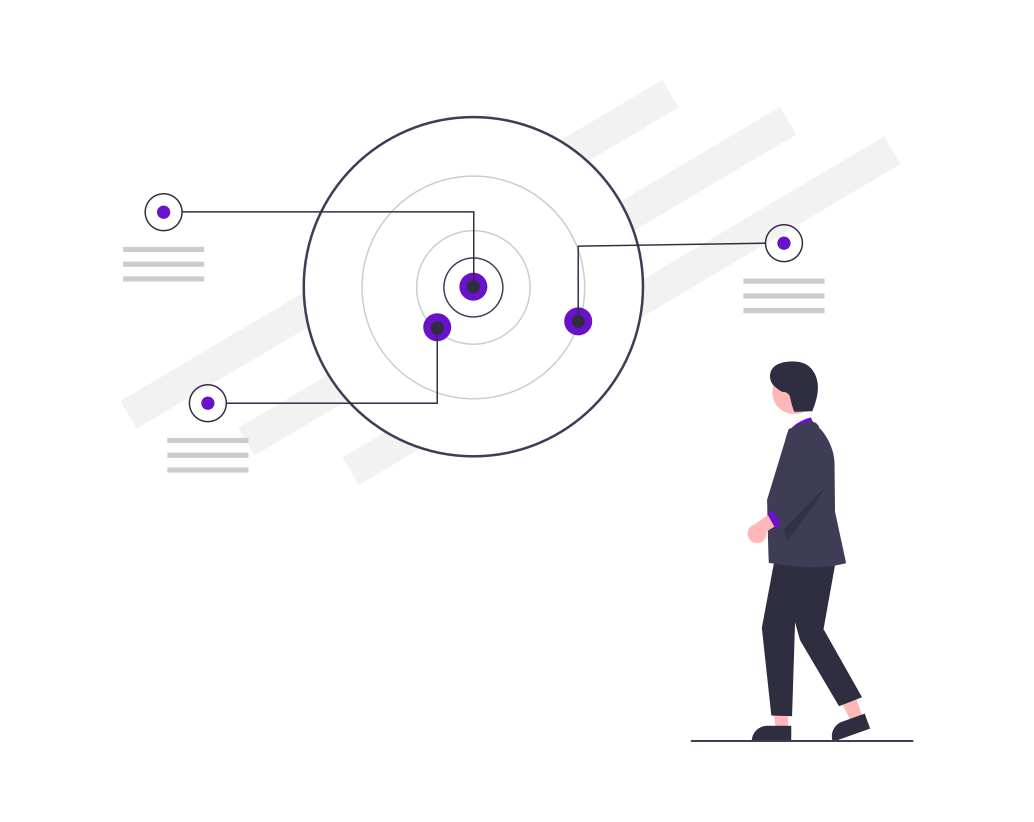In the competitive landscape of B2B SaaS (Software as a Service), Account-Based Marketing (ABM) is crucial for targeting high-value accounts. However, understanding and leveraging the psychology of influence can significantly enhance your ABM efforts. By tapping into psychological principles, you can craft more compelling messages, build stronger relationships, and ultimately drive higher engagement and conversion rates.
Understanding the Psychology of Influence
Influence in marketing is about persuading your target audience to take desired actions. Several psychological principles can be applied to ABM to make your campaigns more effective:
-
Reciprocity: People tend to return favors. Offering something of value, such as a free trial, a comprehensive whitepaper, or exclusive insights, can create a sense of obligation in your prospects to reciprocate, often by engaging with your content or considering your solution more seriously.
-
Social Proof: B2B buyers are influenced by the opinions and actions of their peers. Showcasing testimonials, case studies, and endorsements from reputable companies can build trust and influence potential clients to follow suit.
-
Authority: Establishing your brand as a thought leader in the industry can significantly boost your influence. Publishing high-quality content, participating in industry events, and leveraging expert opinions can position your company as an authority, making prospects more likely to trust your offerings.
-
Consistency: People prefer to be consistent with their past behavior. Encouraging small commitments, such as signing up for a newsletter or attending a webinar, can lead to larger commitments over time. Each small step reinforces their connection to your brand and increases the likelihood of them making a purchase.
-
Scarcity: Limited-time offers and exclusive deals tap into the fear of missing out (FOMO). Highlighting the scarcity of an opportunity can create a sense of urgency and prompt quicker decision-making.
-
Liking: Prospects are more likely to be influenced by people and brands they like. Building a likable brand persona through relatable storytelling, engaging content, and genuine interactions can enhance your influence.
Applying Psychological Principles to ABM
Integrating these psychological principles into your ABM strategy involves a combination of personalization, targeted communication, and data-driven insights. Here are some practical steps to implement these principles effectively:
-
Personalized Content: Craft personalized content that resonates with the specific needs and pain points of each target account. Use data analytics to understand their behavior and preferences, and tailor your messages accordingly.
-
Value-Driven Engagement: Offer valuable resources such as eBooks, webinars, and personalized demos that address the unique challenges of your prospects. This not only provides immediate value but also positions your brand as a helpful and knowledgeable partner.
-
Showcase Success Stories: Highlight success stories and testimonials from clients in similar industries or with similar challenges. This social proof can reassure prospects of your solution's effectiveness and reliability.
-
Thought Leadership: Regularly publish insightful content that addresses industry trends, challenges, and innovations. Contribute to industry publications and participate in webinars or podcasts to establish your authority.
-
Leverage Behavioral Triggers: Use marketing automation tools to trigger personalized follow-ups based on prospect behavior. For instance, if a prospect downloads a whitepaper, send them a follow-up email with related content or an invitation to a relevant webinar.
-
Create Urgency: Implement time-sensitive offers and highlight the benefits of acting quickly. Limited-time discounts, early access to new features, or exclusive invitations to events can motivate prospects to take action sooner.
Conclusion
The psychology of influence is a powerful tool in B2B SaaS ABM. By understanding and applying principles like reciprocity, social proof, authority, consistency, scarcity, and liking, you can create more effective and engaging marketing campaigns. Personalized content, value-driven engagement, and strategic use of behavioral triggers can significantly enhance your ABM efforts, leading to higher engagement and conversion rates.


